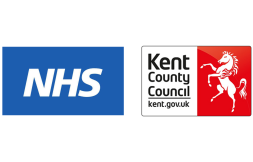Deafness and hearing loss
The WHO have updated their factsheet about deafness and hearing loss and key facts in it include: 360 million people worldwide have disabling hearing loss and 32 million of these are children Hearing loss may result from genetic causes, complications at birth, certain infectious diseases, chronic ear infections, the use of particular drugs, exposure to […]
Deafness and hearing loss Read More »
